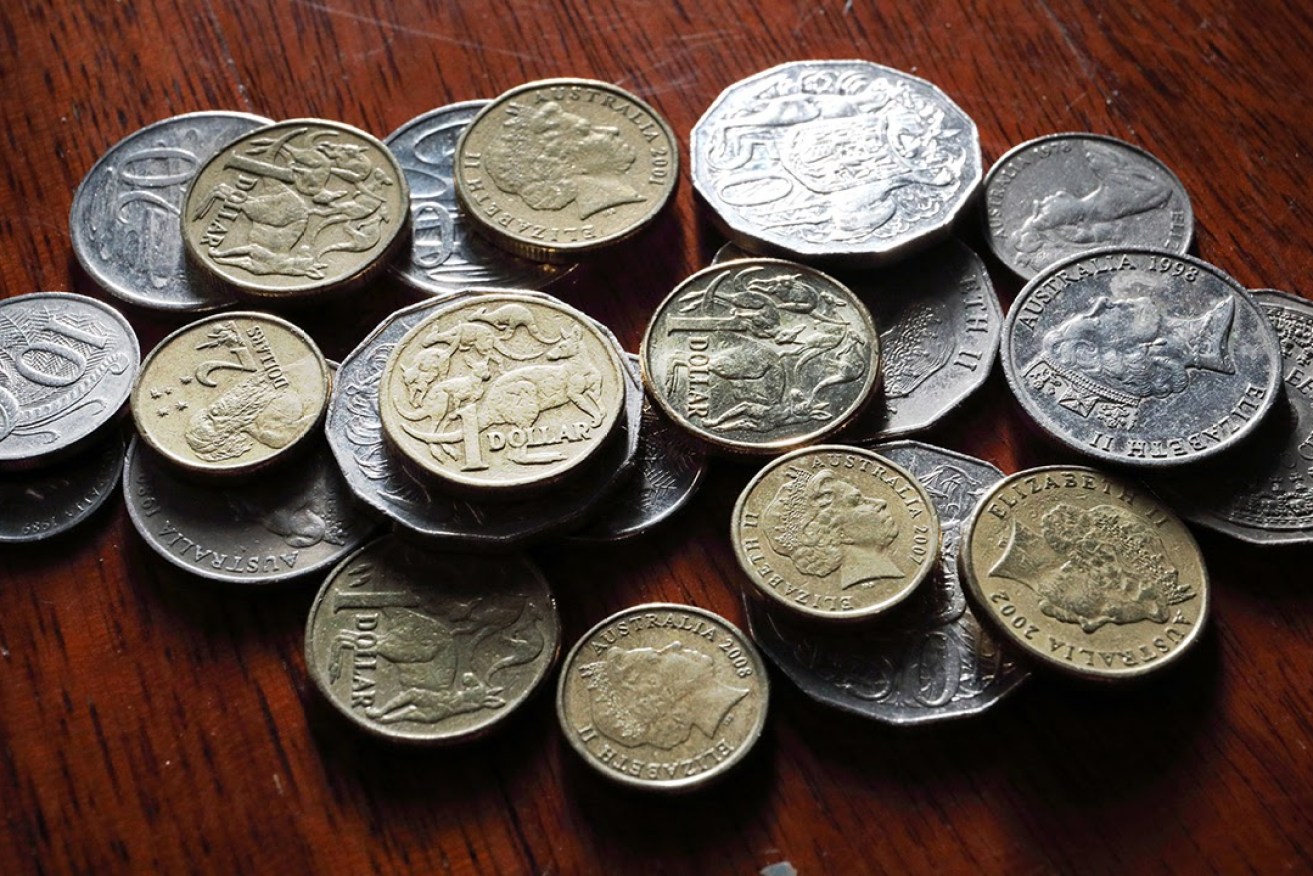Minimum wage to increase but some workers will have to wait
Australia’s lowest-paid workers are set to get $13 more a week, but the pay rise won’t kick in until next year for some of them.

Photo: Tony Lewis/InDaily
The national minimum wage will increase by 1.75 per cent to $753.80 per week, the Fair Work Commission confirmed on Friday.
However, the change will be phased in from July 1, with frontline services personnel who have continued working during the coronavirus pandemic the first to get the boost.
That group – which makes up about 25 per cent of the lowest-paid workers – includes staff in healthcare and social assistance, teachers and child care workers.
The pay rise will be rolled out on November 1 to industries more adversely impacted by COVID-19 measures, including construction and manufacturing, which make up about 40 per cent of the workforce.
It will lastly be given to low paid workers in the industries most affected by the pandemic, including retail, accommodation and food services, arts and recreation, aviation and tourism, on February 1, 2021.
They make up about 35 per cent of the workforce.
Commission president Justice Iain Ross said the phased rollout was based on data showing how hard industries have been hit.
“We are satisfied that the operative dates we have determined are justified,” he said in a recorded message on Friday.
The 1.75 per cent pay rise falls well short of the three per cent increase to the minimum wage last year.
Peak union body the ACTU fought for a four per cent rise this year, while business groups had argued the minimum wage should be frozen until mid-2021 to enable people impacted by the coronavirus-driven downturn to find jobs.
Justice Ross said the more moderate boost comes amid a significant downturn in Australia’s economy, driven by the pandemic.
“The shock to the labour market has been unprecedented,” he said.
There are also significant downside risks to the economy ahead, including the potential threat of a second wave of coronavirus infections, he said.
“The outlook, including the nature and speed of the expected recovery, remains highly uncertain,” he said.
The Australian Chamber of Commerce and Industry said the increase was an “assault” on people running small businesses and those on JobSeeker and JobKeeper, as they grapple with the economic impacts of COVID-19.
“When it’s time for businesses to move off JobKeeper, we risk there being less jobs because of this decision,” chief executive James Pearson said.
Although disappointed the pay rise won’t hit all industries immediately, the Australian Council of Trade Unions is relieved the business groups’ proposal has been knocked back.
ACTU Secretary Sally McManus said the increase would help buoy the pandemic-stricken economy, given low wage workers – who make up about 21 per cent of Australia’s workforce – spend all of the money they earn.
“Giving low paid workers, award workers, an increase is the very best stimulus that can happen,” she told reporters on Friday.
– AAP
Want to comment?
Send us an email, making it clear which story you’re commenting on and including your full name (required for publication) and phone number (only for verification purposes). Please put “Reader views” in the subject.
We’ll publish the best comments in a regular “Reader Views” post. Your comments can be brief, or we can accept up to 350 words, or thereabouts.




